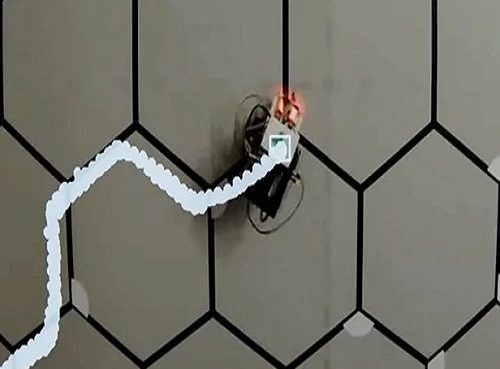The Nigeria Extractive Industries Transparency Initiative (NEITI) is set to digitalise and automate its audit data collection process from December 2021.
According to the agency, The NEITI Audit Management System (NAMS) will ensure real time delivery of information and data by the covered entities involved in the NEITI Audit exercise.
The Executive Secretary of NEITI, Dr. Ogbonnaya Orji disclosed this at the launch of the global Opening Extractives programme in Abuja. Opening Extractives is a programme that will support Nigeria to implement reforms geared towards the disclosure of the ownership of extractive companies.
The NEITI boss explained that, “The NAMS project will transit NEITI information/data gathering process from analogue to an automated/digital process, improving efficiency in time and resources while reducing human interference and error in the audit process.”
He also stated that the NEITI 2020 reports for the oil, gas and solid minerals have reached the final stages of completion and will be ready for release by the NEITI board before the end of the year.
In addition, Orji said the ongoing Fiscal Allocations and Statutory Disbursement Report that tracks revenues receipts and utilisation in resource-rich states and statutory recipients for the period 2016 -2019 will be released next month.
“Establishing a publicly accessible register of beneficial owners cannot be the end to the campaign against ownership secrecy. Making the registers count through constant interrogation, update and utilisation of data and information contained in these registers to demand accountability are critical to the success of this campaign, ”he emphasised.
The Chairman NEITI Board, Mr Olusegun Adekunle noted that the board was delighted over the value addition that the opening extractives will bring to bear in deepening beneficial ownership disclosures in Nigeria’s extractive sector.
‘Nigeria Facing Worst Acute Food Shortage in History’
The All Farmers Association of Nigeria (AFAN) has stated that Nigeria is facing its biggest worst acute food shortages during the peak of harvesting period and largest ever agriculture investments in its history.
Indeed, statistics from the Central Bank of Nigeria (CBN), indicated that agric intervention funding through the Anchor Borrowers Programme (ABP) has already gulped N1.3 trillion distributed to local farmers, merchant farmers and processors across the country’s agriculture value chain.
The National President of AFAN, Mr. Kabir Ibrahim, affirmed that there is truly acute food shortages and hoarding of foodstuff in the country currently.
However, the Apex Bank’s survey projection showed that the N1.3 trillion agro spending ought to have drastically crashed down the prices of foodstuffs in the country but on the contrarily, it is soaring on daily basis following worsening insecurity, unscrupulous middlemen activities, illegal mop up by aggregators or merchant processors from local farmers.
The AFAN national president disclosed that the faulty agro policies of the federal government should be blamed for the skyrocketing prices of food in the country.
Ibrahim also noted that the worsening security risks that constrained many local farmers to stay away from farming also contributed to the inflated food prices the country is experiencing nowadays.
He also blamed the unscrupulous commercial or merchant farmers who got the Central Bank of Nigeria (CBN)’s Anchor Borrowers Programme (ABP) intervention funds without paying back. Rather they decided to mop up local farmers’ agric produce and also deliberately refusing to release those agricultural produce into the Nigerian markets in a bid to cushion the ongoing soaring food prices nationwide.
He said: “You see, a typical Nigerian always edges for higher price in commodity sales. As you know, if you are a producer of items, you can keep it until the value increases. But as a Muslim businessman, you are not allowed to buy things cheaper, keep them, because it’s costly in the market. This is against the will of God. So what is happening in Nigeria’s agriculture is that we have a lot of movements of these items like grains and animals feeds mills produced in the North by smallholder farmers (SHF) and kept in warehouses and then sold to first; the poultry farmers who need them a lot.”
Source: Thisday










